The Struggle for the Health and Legal Protection of Farm Workers El Cortito
MAURICE MO JOURDANE
FOREWORD BY HENRY A. J. RAMOS
INTRODUCTION BY MARC GROSSMAN

This volume is made possible through grants from the James Irvine Foundation, the California Wellness Foundation, the National Endowment for the Arts (a federal agency), the Charles Stewart Mott Foundation, and the City of Houston through The Cultural Arts Council of Houston, Harris County.
Recovering the past, creating the future
Arte Pblico Press
University of Houston
452 Cullen Performance Hall
Houston, Texas 77204-2004
Cover design by James Brisson.
Cover photo courtesy of Sam Vestel.
Jourdane, Maurice.
The Struggle for the Health and Legal Protection of Farm Workers: El Cortito / Maurice Jourdane; foreword by Henry A. Ramos, introduction by Marc Grossman.
p. cm. (Hispanic civil rights series)
ISBN 978-1-55885-423-9 (pbk. : alk. paper)
ISBN 1-55885-426-6 (cloth : alk. paper)
1. Agricultural implementsLaw and legislationCalifornia. 2. HoesHealth aspectsCaliforniaCentral Valley. 3. Mexican American agricultural laborersHealth and hygieneCalifornia Central Valley. 4. Mexican American agricultural laborersCivil rightsCaliforniaCentral Valley. I. Title. II. Series.
KFC589.A4J68 2004 |
331.627207945dc22 | 2004041079
CIP |
 The paper used in this publication meets the requirements of the American National Standard for Information SciencesPermanence of Paper for Printed Library Materials, ANSI Z39.48-1984.
The paper used in this publication meets the requirements of the American National Standard for Information SciencesPermanence of Paper for Printed Library Materials, ANSI Z39.48-1984.
2004 by Maurice Jourdane
Printed in the United States of America
7 8 9 0 1 2 3 4 5 6 10 9 8 7 6 5 4 3 2
To farm workers who stoop in the fields from dawn to dusk to
put food on our tables and to those who have struggled to
provide farm workers the respect they deserve.
Contents
by Henry A. J. Ramos
by Marc Grossman
Acknowledgments
I wish to acknowledge Gustavo Lpez and Sebastin Carmona, whose sacrifices led me to the fields, and to the hundreds of thousands farm workers who led me to the cortito case.
I would like to thank Dennis Renault, photographer Bill Daniels, and the Vestal family who gave me permission to use their political cartoons and timeless photographs; Marc Grossman who donated his work on the John Steinbeck/Csar Chvez connection; Leti Bocanegra of the Steinbeck Center whose help and urging led to the completion of this book; Mirandi Babitz, Luis Lpez, Marie Arvette, and Carlos Bowker for reading the manuscript in its first stages and for encouraging me to tell the story; Eric Brazil, former city editor of the Salinas Californian, David Steingass, and Terry McDonnell for making valuable suggestions on how to tell the story; and Nicols Kanellos, Ph.D. and the staff at Arte Pblico Press who transformed a rough draft by an unknown gero into a book.
I want to acknowledge Jerry Cohen, Marty Glick, Ralph Abascal, Denny Powell, Dave Kirkpatrick, Luis Jaramillo, and Susan Alva, the attorneys who have dedicated their lives to the farm worker and immigrant struggle.
I thank Csar Chvez, Dolores Huerta, Ladislao Pineda, Hctor De la Rosa, and Adelina Gurrola who encouraged me to stick with the farm workers effort.
Finally, I wish to thank and acknowledge my wife Olivia Flores who was always by my side with words of encouragement; my children Jackie and Jonathan who, from their birth, patiently listened to the stories that underlie this book; and my mother who taught me that the color of ones skin, the language one speaks, and whether one is rich or poor, is irrelevant to their inherent goodness, their values, or their birthright to equality.
Foreword
The struggle of Hispanic farm workers for rights and justice in California and other states across the Southwest is one of the most compelling stories of recent U.S. social and legal advancement. This struggle, led by the late United Farm Workers (UFW) union founder, Csar E. Chvez, was an informing chapter of the nations civil rights gains of the 1960s and 1970s. During these years, American political leaders no less significant than Robert F. Kennedy, Martin Luther King, Jr., and Edmund G. (Jerry) Brown, Jr. were drawn to become fundamental champions of the farm workers cause.
Maurice (Mo) Jourdane was a young staff attorney of the California Rural Legal Assistance (CRLA) organization that helped to protect farm worker rights through federally supported legal interventions during the UFWs incipiency. His work at CRLA helped to secure several of the farm workers most significant victories in their campaign for justice. Jourdane, for example, played a key role in challenging the now prohibited California practice of placing Hispanic childrenand especially farm worker childrenin classes designed for the mentally retarded owing to low test scores resulting from standardized aptitude testing in English, rather than Spanish. His efforts also helped to secure the employment and free speech rights of teachers and students who supported progressive causes, such as the farm worker and anti-Vietnam War struggles, as well as the right of union representatives to organize in the fields and company housing complexes where agricultural laborers worked and lived in Californias Central Valley.
But Jourdanes greatest contribution to the farm workers advancement was his relentlessand ultimately successfuleffort to end California agricultural employers required use of the short-handled hoe by laborers in the states lucrative lettuce, celery, sugar beet, and strawberry industries. The short hoe, known by Hispanic farm workers in Spanish as el cortito (the short one), was the cause of severe and permanent crippling among these laborers. It required workers to spend as many as ten to twelve hours each day (often in more than 90 degree heat) stooped over in literally backbreaking posture to complete their tasks of thinning, weeding, and harvesting the land on behalf of agribusiness employers who profited immensely both from the workers exceedingly low-cost labor, as well as their docility. Lacking union representation and affordable legal assistance, these Mexican workers (and their predecessors from China, Japan, the Philippines, and other nations) were perennially subjected to slavelike employment conditions and nearly uninhabitable company housing for nearly a century prior to the commencement of the UFWs and CRLAs work.
Jourdane, the product ironically of a small farm-owning family from conservative Orange County, became the unlikely catalyst for change related to San Diegos short-hoe practice. For nearly a decade, he relentlessly researched and advocated for a state ban of the short hoe. In direct negotiations with employers, in administrative hearings, and in the courts, Jourdane faced formidable early resistance to his efforts from growers, and strong political opposition from the conservative, pro-grower administration of then California Governor (and later U.S. President) Ronald Reagan. But in the mid-1970s, with the election of liberal former California Governor Jerry Brown, Jourdane and the CRLA were able to make significant strides toward improving farm labor conditions and rights in the state. Ultimately, by working effectively with farm labor leaders via the UFW (including its founder Csar E. Chvez), other CRLA attorneys and volunteers, and a plethora of medical experts and aggrieved workers, Jourdane was able to convince the California Supreme Court to compel the state Industrial Relations Board to mandate the short hoes discontinued use by growers and their workers in the fields. His victory on behalf of the workers was a critical advance in the farm labor struggle and helped to lead the way to Governor Browns establishment of a wholly new

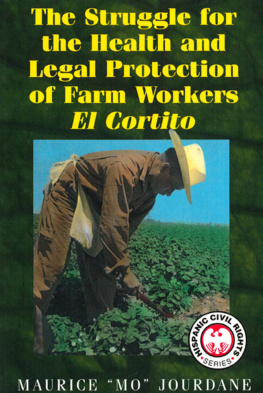
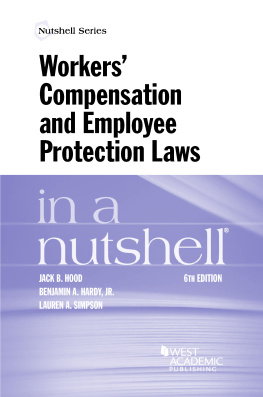
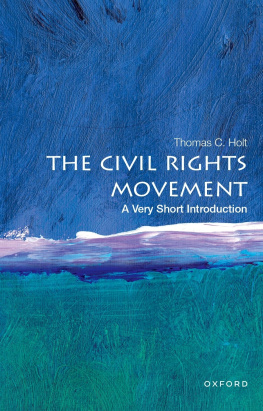
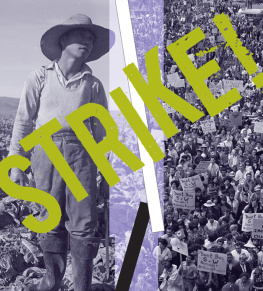
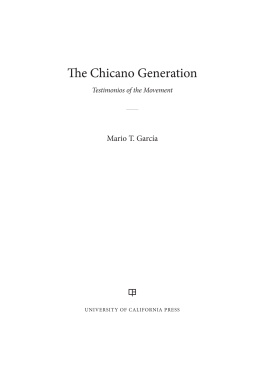

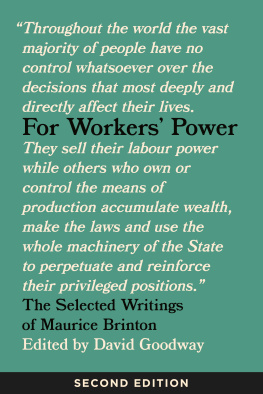
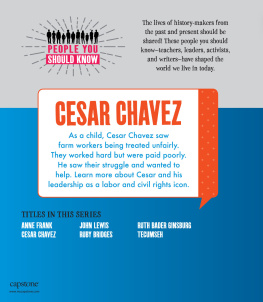
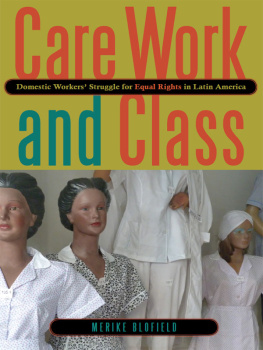
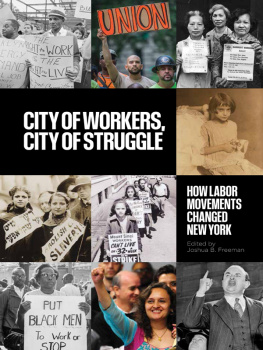

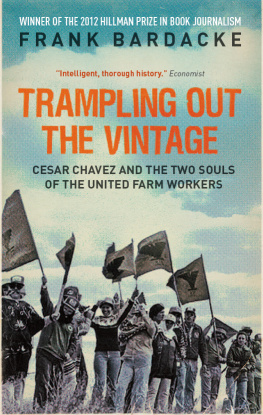

 The paper used in this publication meets the requirements of the American National Standard for Information SciencesPermanence of Paper for Printed Library Materials, ANSI Z39.48-1984.
The paper used in this publication meets the requirements of the American National Standard for Information SciencesPermanence of Paper for Printed Library Materials, ANSI Z39.48-1984.